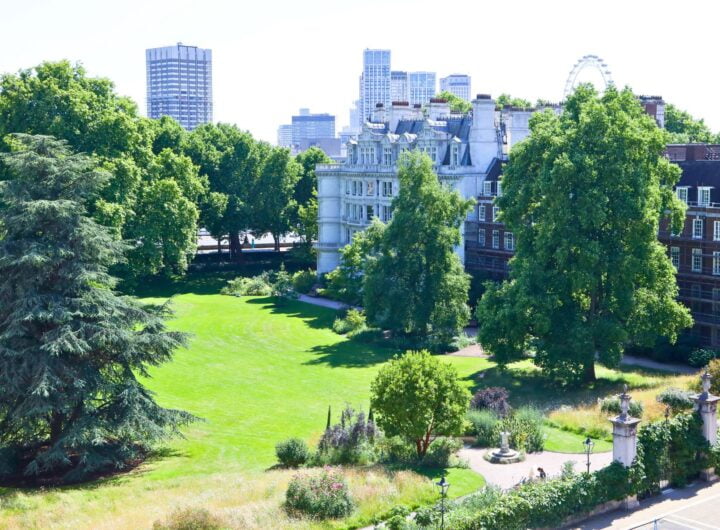By Wendy Greenhalgh, Sales and Marketing Director, One Great George Street (London Media Centre for the 2012 London Olympic and Paralympic Games)
Westminster’s transport links are a powerful selling point for venues located in the heart of the business tourist district and the Thames Clipper River Bus Service deserves a special plug.
I watched with interest the recent BBC documentary showing how the River Lea had been cleaned out, with hoards of shopping trolleys and cars removed from the river bed. River Lea has now been completely revitalised and is even being populated with new fish – wonderful considering its former path through wasteland!
After such a long time of underuse, it’s pleasing to see that the Thames has welcomed a similar redevelopment in the form of a far more effective River Bus Service for travelling along the famous London river. It is also admirable that it has been integrated so well into the city’s infrastructure.
Here are 10 great reasons for promoting the use of the Thames Clippers River Bus Service to conference and meetings delegates, particularly next year during the Olympics:
- You can use your Oyster card and take advantage of discounted travel fares.
- For business meetings, the express, commuter-style service is ideal.
- The leisure River Tours Service comes complete with tourist commentary, and any Thames Clipper River Bus Service presents an innovative and fun way to transport delegates to familiarisation trips, site inspections and other meetings, conferences and events held at The Westminster Collection‘s 54 member venues.
- All piers are wheelchair accessible, most riverboats are accessible, and most new riverboats have dedicated wheelchair spaces. The Woolwich ferry is a free service operating between Woolwich and North Woolwich and is accessible to people using wheelchairs and powered buggies.
- The Thames River Bus provides an easy-to-follow timetable and service map, so navigating your way to the departure piers is made simpler.
- Maps of the river services operational during the Olympic Games are already available.
- It’s an efficient method of travel for the 10,000 accredited journalists needing to move between the Olympic Park and the London Media Centre for the 2012 Olympics, located within One Great George Street in Westminster.
- The London 2012 sporting venues accessible by river include Greenwich Park, North Greenwich Area, The Royal Artillery Barracks, Horse Guards Parade and Eton Dorney.
- The River Bus Service is ideal for those wishing to get to the Beach Volley Ball, Road Cycling, the start and finish of the Race Walk and Olympic and Paralympic Marathons next year.
- It’s worth considering if you’re a visitor to the Queen Elizabeth II Conference Centre (National House for Italy) and 45 Millbank (National House for Georgia), both venues within the Westminster Collection.
In short, using the River Bus Service is quick, fun, affordable and definitely worth considering for meeting and event organisers and bookers.
Take a look at this handy and informative 3D map (as above) showing the location of the two River Bus Service access piers together with the locations of some of the Westminster Collection host venues for events in 2012.
For a comprehensive guide to the Thames Clipper River Bus Service, including timetables and fares, click here to download TFL’s River Bus Guide.


